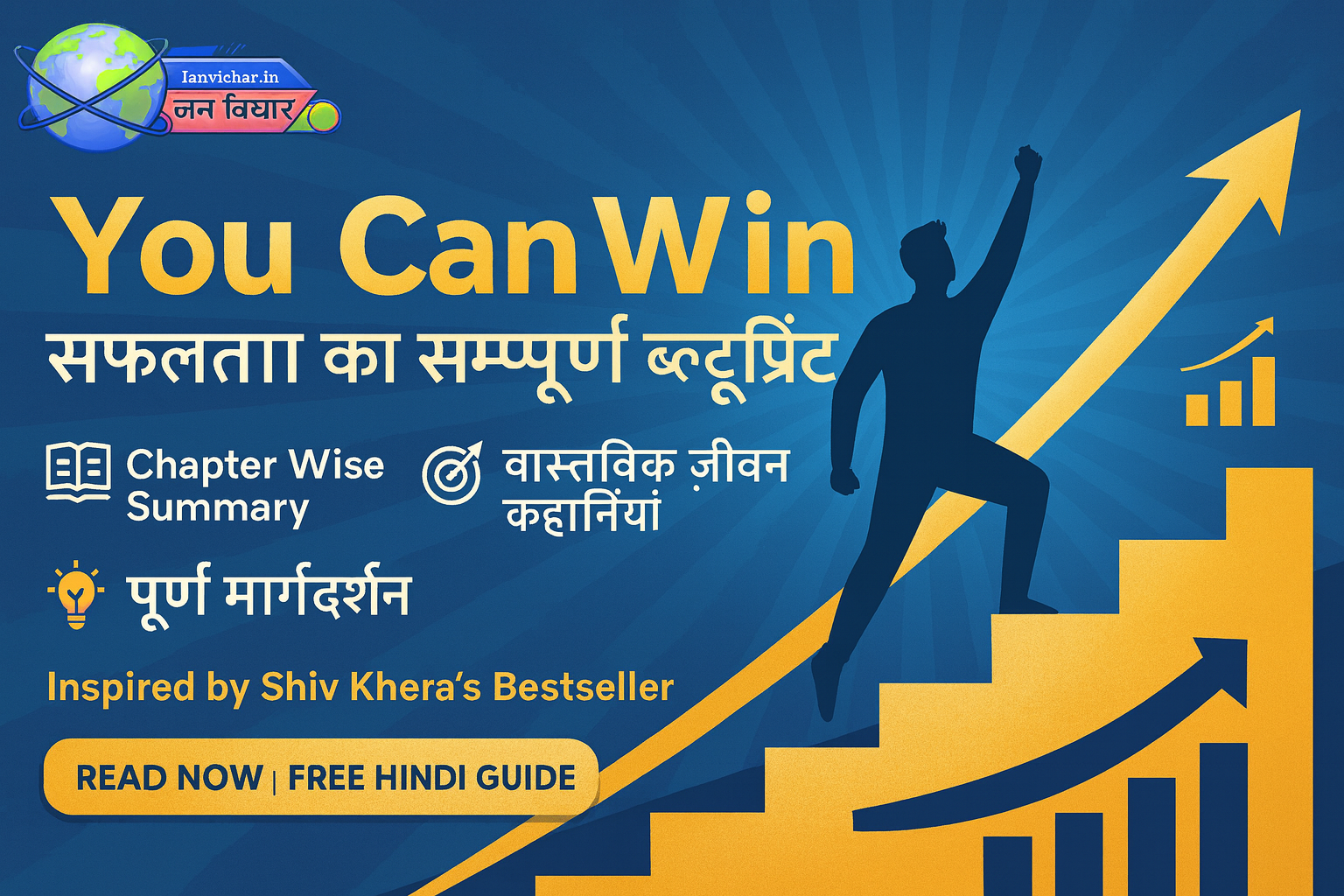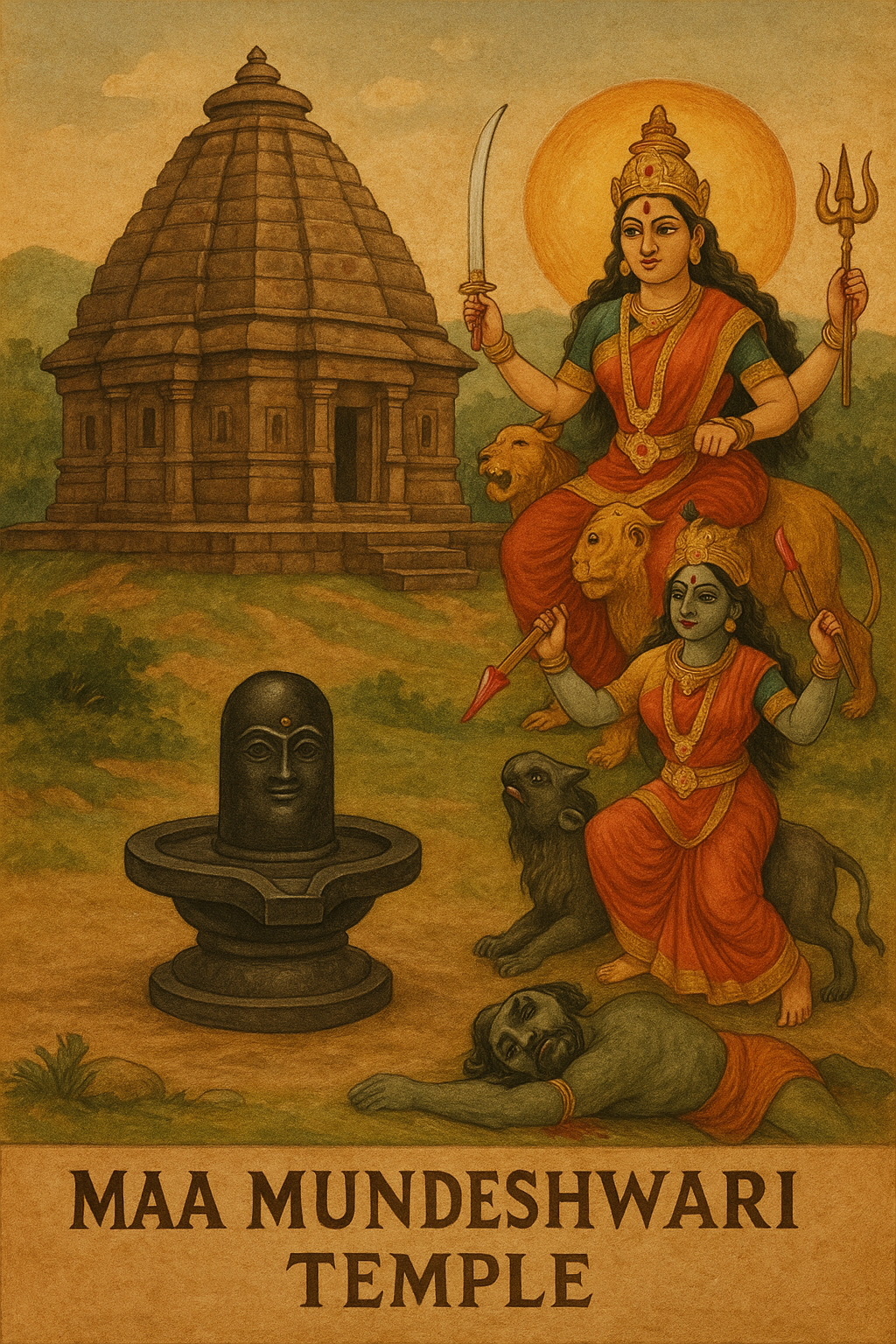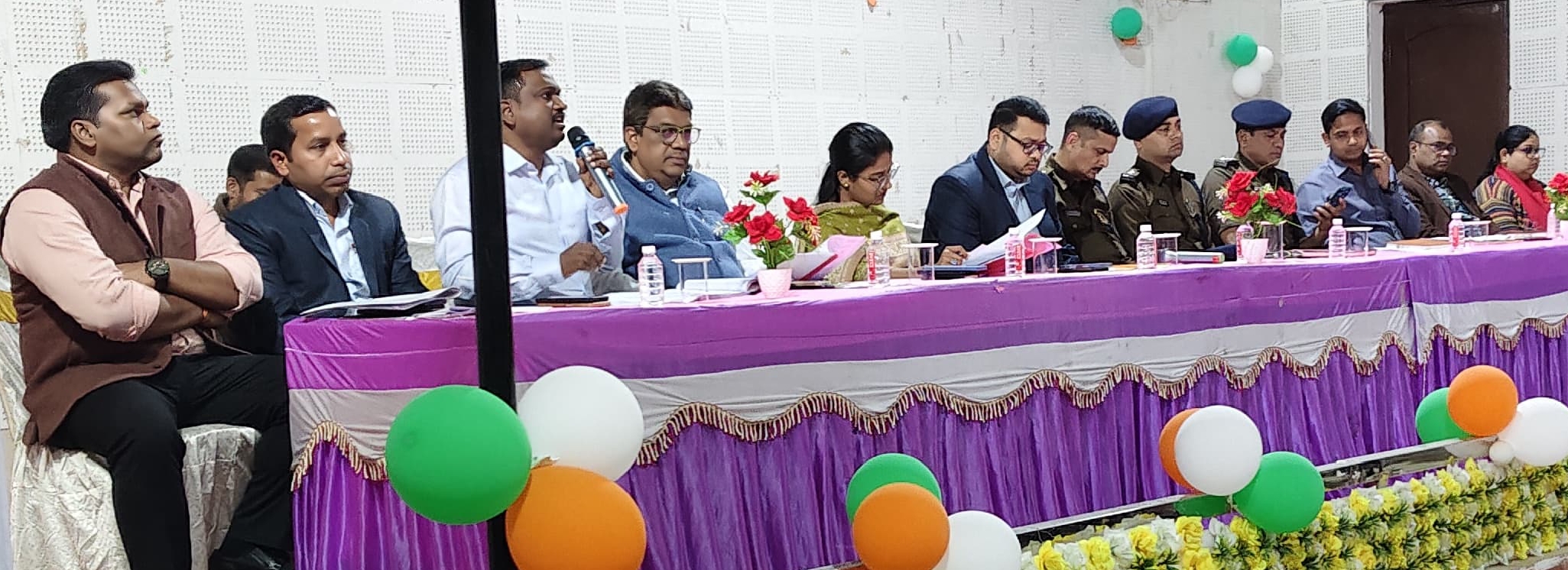
Dear readers,
The Bhagavad Gita, often referred to as the Gita, is a 700-verse Hindu scripture that is part of the Indian epic Mahabharata. It is a conversation between Prince Arjuna and the god Krishna, who serves as his charioteer. Set on the battlefield of Kurukshetra, the Gita addresses the moral and philosophical dilemmas faced by Arjuna.
Gita is not just a book of 700-verse it is living fact for all human beings.
1. Understanding Dharma (Duty)
Phrase: “कर्मण्येवाधिकारस्ते मा फलेषु कदाचन।” English: “You have a right to perform your prescribed duties, but you are not entitled to the fruits of your actions.” Elaboration: The Gita teaches that one should focus on their responsibilities and actions without being overly concerned about the outcomes. This can help reduce anxiety and stress. Example: Imagine you’re working on a challenging project at work. Instead of worrying about whether you’ll get a promotion, you concentrate on doing your best. This mindset can lead to better performance and personal satisfaction.
2. Embracing Impermanence
Phrase: “यह भी बीत जाएगा।” English: “This too shall pass.” Elaboration: The Gita emphasizes that both joy and sorrow are temporary. Understanding this can help you stay balanced and resilient during tough times. Example: If you’re going through a difficult breakup, remembering that pain is temporary can help you heal and move forward with a positive outlook.
3. Self-Realization and Inner Peace
Phrase: “न जायते म्रियते वा कदाचित्।” English: “The soul is neither born, nor does it die.” Elaboration: The Gita encourages self-reflection and understanding of one’s true nature, which is eternal and beyond physical existence. This realization can bring inner peace. Example: Practicing meditation and reflecting on your true self can help you find peace amidst the chaos of daily life.
4. Detachment and Balance
Phrase: “योगस्थः कुरु कर्माणि संगं त्यक्त्वा धनंजय।” English: “Be steadfast in yoga, O Arjuna. Perform your duty and abandon all attachment to success or failure.” Elaboration: By advocating for detachment from material possessions and desires, the Gita helps you find a balance between your spiritual and material life. Example: If you’re striving for financial success, the Gita’s teachings can help you pursue your goals without becoming overly attached to wealth, thus maintaining a balanced life.
5. Decision-Making
Phrase: “योगः कर्मसु कौशलम्।” English: “Yoga is the journey of the self, through the self, to the self.” Elaboration: The teachings can help you make better decisions by clearing your mind and focusing on what truly matters. Example: When faced with a major life decision, such as changing careers, the Gita’s guidance can help you reflect on your true desires and make a choice that aligns with your inner values.
6. Spiritual Growth
Phrase: “यथा दीपो निवातस्थो नेङ्गते सोपमा स्मृता।” English: “When meditation is mastered, the mind is unwavering like the flame of a lamp in a windless place.” Elaboration: The Gita provides a path for spiritual growth through devotion, knowledge, and disciplined action, helping you connect with a higher purpose. Example: Regular meditation and study of spiritual texts can help you grow spiritually and find a deeper sense of purpose in life.
7. Equanimity
Phrase: “समत्वं योग उच्यते।” English: “Equanimity is called yoga.” Elaboration: The Gita teaches the importance of maintaining a balanced mind in success and failure, joy and sorrow. Example: If you receive both praise and criticism at work, practicing equanimity helps you stay grounded and not be swayed by either.
8. Devotion and Surrender
Phrase: “सर्वधर्मान्परित्यज्य मामेकं शरणं व्रज।” English: “Abandon all varieties of religion and just surrender unto Me.” Elaboration: The Gita emphasizes complete surrender to the divine as a path to liberation and peace. Example: In times of uncertainty, surrendering your worries to a higher power can bring comfort and clarity.
9. Control of Mind
Phrase: “उद्धरेदात्मनात्मानं नात्मानमवसादयेत्।” English: “One must elevate, not degrade, oneself by one’s own mind.” Elaboration: The Gita highlights the importance of self-discipline and control over one’s mind. Example: Practicing mindfulness and positive thinking can help you overcome negative thoughts and improve your mental well-being.
10. The Eternal Soul
Phrase: “वासांसि जीर्णानि यथा विहाय।” English: “As a person sheds worn-out garments and wears new ones, similarly, the soul discards worn-out bodies and takes on new ones.” Elaboration: This teaching helps in understanding the concept of reincarnation and the eternal nature of the soul. Example: When dealing with the loss of a loved one, this perspective can provide comfort by emphasizing the continuity of the soul.
11. The Power of Knowledge
Phrase: “न हि ज्ञानेन सदृशं पवित्रमिह विद्यते।” English: “In this world, there is nothing so sublime and pure as transcendental knowledge.” Elaboration: The Gita underscores the transformative power of knowledge and wisdom. Example: Continuous learning and self-improvement can lead to personal growth and a deeper understanding of life.
12. The Importance of Action
Phrase: “न हि कश्चित्क्षणमपि जातु तिष्ठत्यकर्मकृत्।” English: “No one can remain inactive even for a moment; everyone is compelled to act by the modes of nature.” Elaboration: The Gita teaches that action is inevitable and necessary for life. Example: Engaging in meaningful activities and contributing to society can bring a sense of purpose and fulfillment.
13. The Vision of the Universal Form
Phrase: “दिव्यं ददामि ते चक्षुः पश्य मे योगमैश्वरम्।” English: “I give you divine vision; behold My majestic opulence.” Elaboration: This phrase refers to the moment when Krishna reveals his universal form to Arjuna, symbolizing the vastness and divinity of the universe. Example: Experiencing moments of awe and wonder in nature or art can remind you of the greater forces at play in the universe.
![]()
Related
Discover more from जन विचार
Subscribe to get the latest posts sent to your email.








